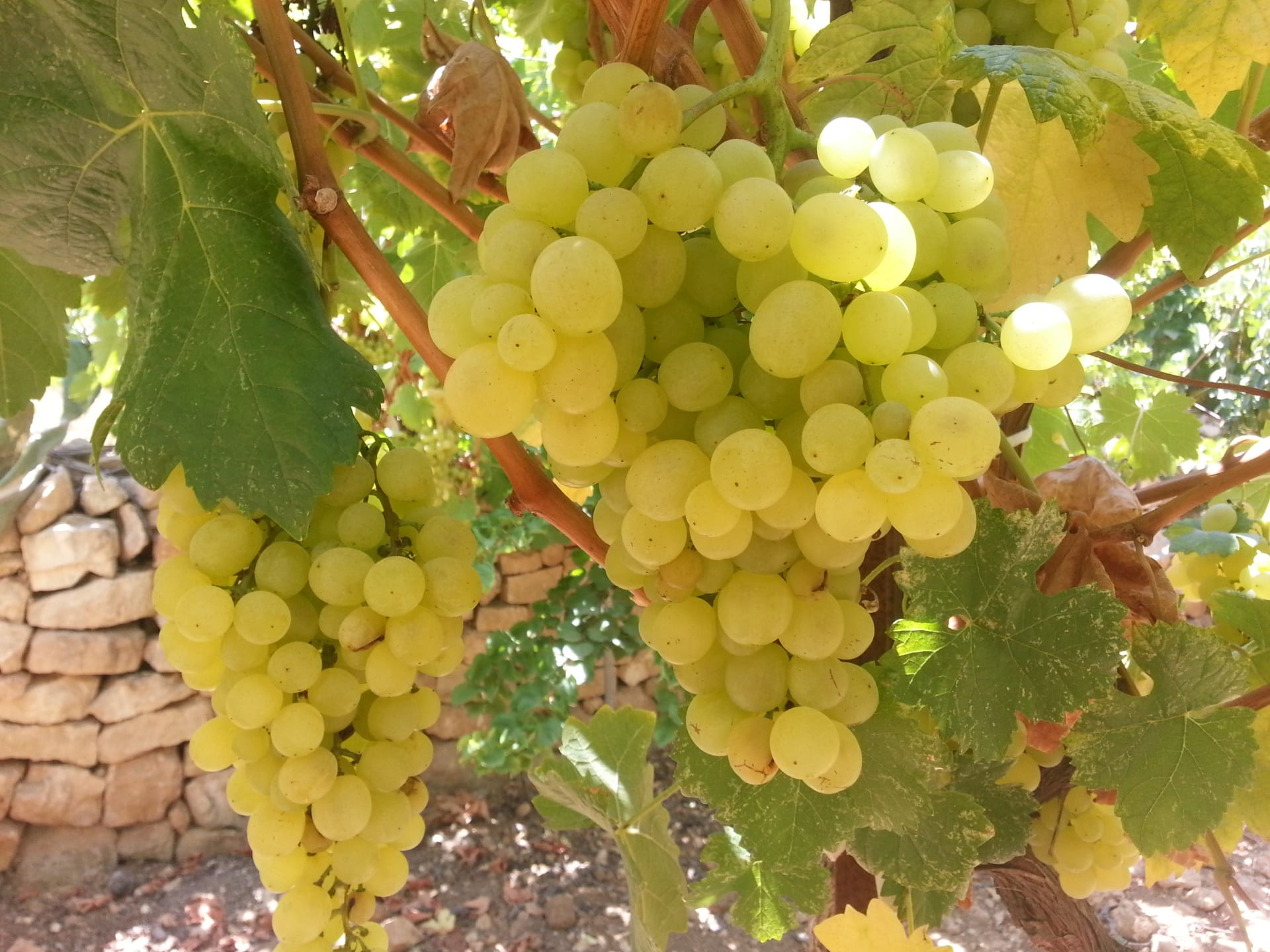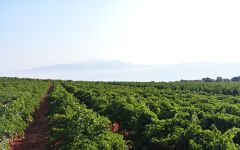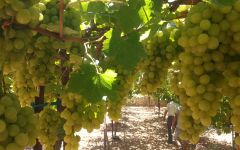Recanati Yasmin White Blend (OU Kosher) 2023



Product Details
Your Rating
Somm Note
Winemaker Notes
Delicate straw gold. Aromas of dried fruit and herbs. The wine exhibits delicate characteristics of white flowers, green apple and tropical fruits.
A delightful reception wine, and a perfect match with passed hors d?oeuvres and fish dishes.
This wine is Kosher for Passover





The story of the Recanati Winery, a producer of high-quality Mediterranean wines, begins with a profound bond with the Land of Israel coupled with a passion for fine wine. With the creation of the winery in 2000, Lenny Recanati’s life-long dream to produce truly world-class wines was on its way. The dream was to bring quality Israeli wines to wine lovers in Israel and overseas and to make the Recanati Winery synonymous with international excellence in the world of wine. Now a four-time invitee to the prestigious Wine Spectator NY Wine Experience, a showcase of the world’s top 250 wineries, that dream is coming to fruition.
Recanati’s philosophy is to produce wines that will best express the local terroir. The winery has vineyards in the Upper Galilee, the Golan Heights and the Judean Hills, among the best growing areas in the country. There is a focus on unique Mediterranean varieties such as Petite Sirah, Marselan and Carignan and ancient native varieties with Biblical roots like Bittuni & Marawi, while simultaneously nurturing classic international varieties.

With hundreds of white grape varieties to choose from, winemakers have the freedom to create a virtually endless assortment of blended white wines. In many European regions, strict laws are in place determining the set of varieties that may be used in white wine blends, but in the New World, experimentation is permitted and encouraged. Blending can be utilized to enhance balance or create complexity, lending different layers of flavors and aromas. For example, a variety that creates a soft and full-bodied white wine blend, like Chardonnay, would do well combined with one that is more fragrant and naturally high in acidity. Sometimes small amounts of a particular variety are added to boost color or aromatics. Blending can take place before or after fermentation, with the latter, more popular option giving more control to the winemaker over the final qualities of the wine.

With a rich history of wine production dating back to biblical times, Israel is a part of the cradle of wine civilization. Here, wine was commonly used for religious ceremonies as well as for general consumption. During Roman times, it was a popular export, but during Islamic rule around 1300, production was virtually extinguished. The modern era of Israeli winemaking began in the late 19th century with help from Bordeaux’s Rothschild family. Accordingly, most grapes grown in Israel today are made from native French varieties. Indigenous varieties are all but extinct, though oenologists have made recent attempts to rediscover ancient varieties such as Marawi for commercial wine production.
In Israel’s Mediterranean climate, humidity and drought can be problematic, concentrating much of the country’s grape growing in the north near Galilee, Samaria near the coast and at higher elevations in the east. The most successful red varieties are Cabernet Sauvignon, Merlot, and Syrah, while the best whites are made from Chardonnay and Sauvignon Blanc. Many, though by no means all, Israeli wines are certified Kosher.
